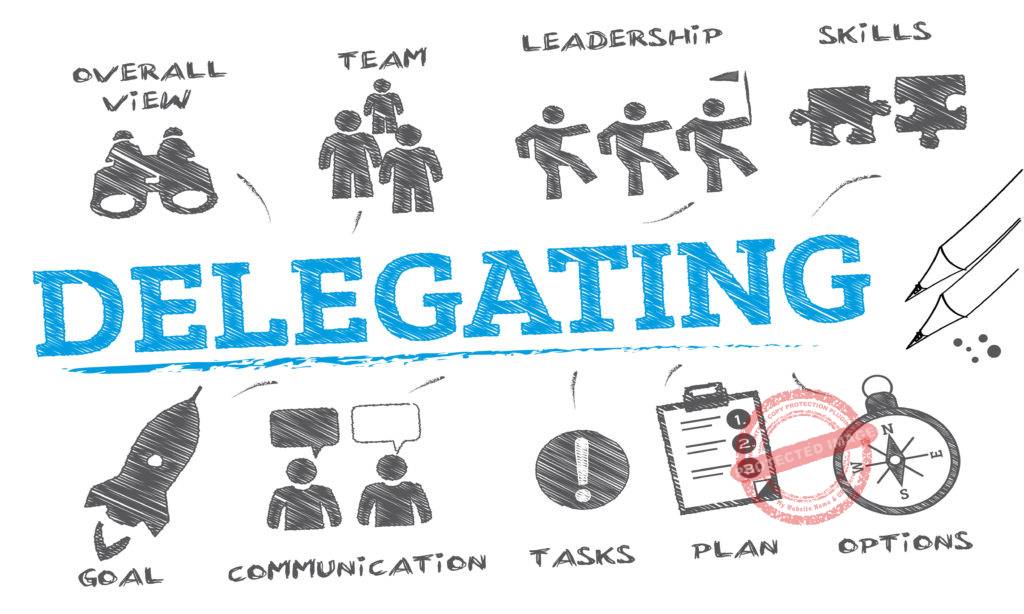From business analysis to business planning, every responsibility is needed to be fulfilled successfully. Delegation of authority, responsibility, and accountability is the most important task done by senior executives and leaders, which effectively eliminates the chances of duplication in any case. Without delegation, it becomes difficult to manage time for multiple crucial duties. But you need to understand that passing the responsibilities isn’t as easy as it seems. It requires trust, coordination, and communication to find a suitable person for the job role.
Strategy to Delegate
When the task is efficiently delegated, employees become happier and more secure with their jobs. If you are a leader, then there will be some work that undeniably you couldn’t do and you need to delegate. It is the dedication of the team that made the delegated task accomplished with high quality. A business runs on strategies; therefore, strategies are crucial to delegate tasks effectively. We’ve listed strategies to efficiently delegate duties that will ensure the satisfaction of every employee.
1. Find out the task to be delegated
Preparation for delegation involves finding employees who can do things right. Leaders like Kelly Sills have to carefully audit current workloads and examine who can productively fulfill the job roles. But it doesn’t mean leaders are free after delegating tasks. They have to take charge of every key aspect of strategy and day-to-day executions.
2. Finding a right individual
Before delegation, it becomes typical for the leader to find the most appropriate person for the job role. It’s important to examine every employee’s skill, interests, and current workloads to determine which person will be the best suit. Leaders like Kelly Sills ensure how they will collaborate with others and in which task they are best at. Assessment of one’s weaknesses, strengths, and preferences is important.
3. Delegate the responsibility
Leaders should integrate all those tools or resources required for successful task completion. No employee can perform better if they aren’t trained to do it. Leaders have a major role which is to let them know how to do it and make them try. They shouldn’t forget they are preparing employees for success. There should be no room for confusion in any case.
4. Examine the work and give feedback
Leaders like Oprah Winfrey contribute with both negative and positive feedbacks after assessing the work completed by the employee. The objective of providing feedback is to tell them how to improve in a better way. If any employee gives an exceptional performance, leaders must reward them for maintaining their interest. Promotion, salary increase, and bonuses are impressive rewards that encourage them to do their best.
Conclusion
It is important to classify the task on tediousness, time requirement, and significance. An organization gains a competitive advantage when the task is delegated by the leader to subordinates productively. Delegation of tasks is a great alternative to determine or recognize the unique abilities of individuals and lessen the workloads effectively. When the employee is happy with the task, it adds value to the company’s business strategy.


